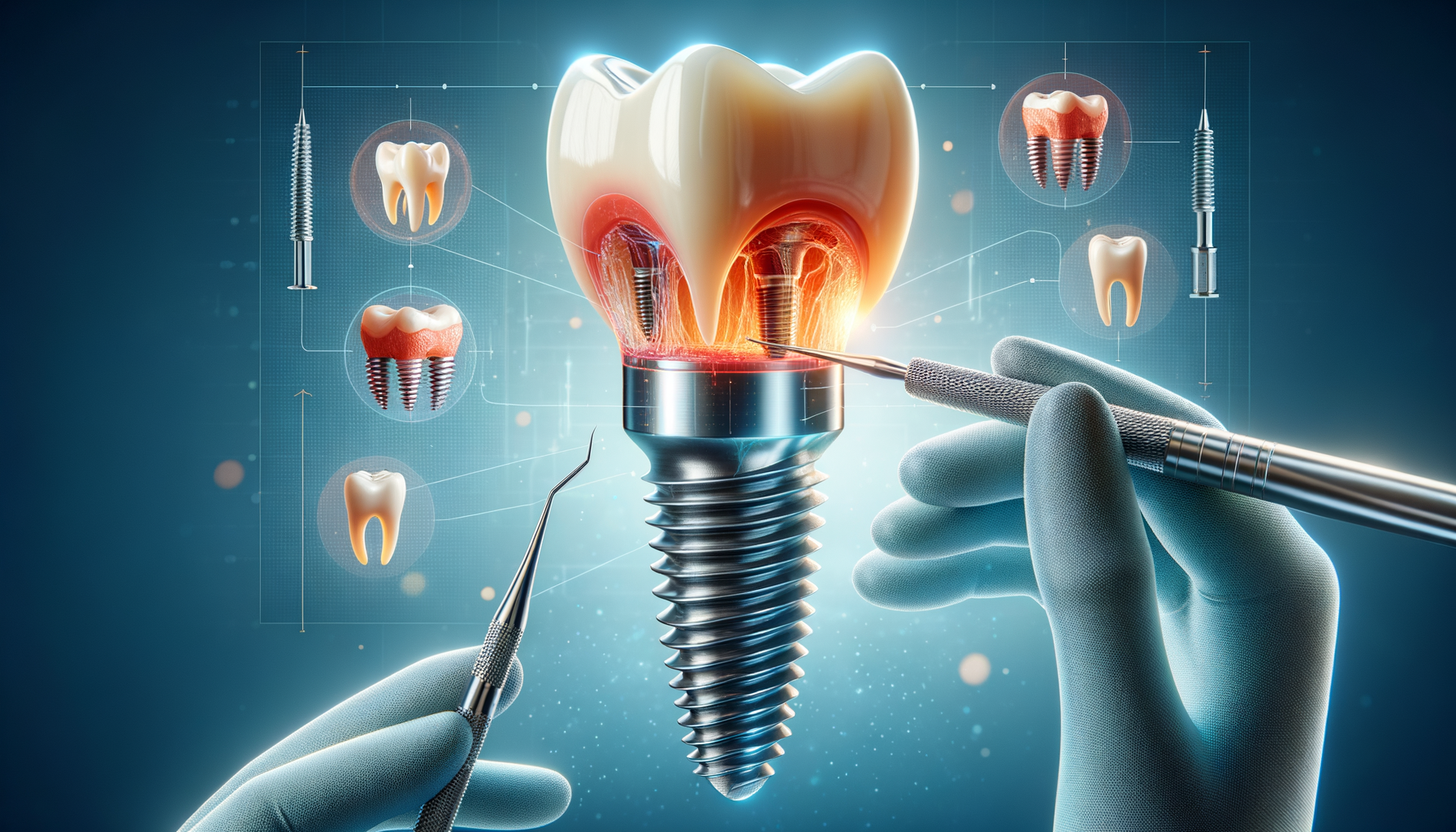Introduction to Dental Implants
Dental implants have become a pivotal solution for individuals seeking to replace missing teeth. Unlike traditional dentures or bridges, implants offer a more permanent and natural-looking alternative. They are surgically placed into the jawbone, providing a stable foundation for artificial teeth. This article delves into the intricacies of dental implants, exploring their benefits, the procedure involved, and the care required post-surgery.
The Procedure of Dental Implants
The journey of getting dental implants begins with a comprehensive dental examination. This includes X-rays and possibly 3D images to assess the jawbone’s condition and determine the necessary steps. The procedure is typically divided into several stages:
- Initial Consultation: The dentist evaluates the patient’s oral health and discusses the suitability of dental implants.
- Implant Placement: The implant, a titanium post, is surgically inserted into the jawbone. This process requires precision and expertise.
- Osseointegration: Over the next few months, the implant integrates with the bone, forming a solid base for the artificial tooth.
- Abutment Placement: Once integration is complete, an abutment is attached to the implant, which will hold the crown.
- Placement of the Crown: Finally, a custom-made crown is fixed onto the abutment, completing the process.
Each stage is crucial, ensuring the implant’s success and longevity. Patients are often advised on maintaining oral hygiene and attending regular check-ups to monitor progress.
Benefits of Dental Implants
Dental implants offer numerous advantages over traditional tooth replacement options. Some of the notable benefits include:
- Natural Appearance: Implants are designed to look and feel like natural teeth, enhancing the patient’s smile and confidence.
- Durability: With proper care, dental implants can last a lifetime, making them a cost-effective solution in the long run.
- Improved Oral Health: Unlike bridges, implants do not require the reduction of adjacent teeth, preserving natural tooth structure.
- Enhanced Comfort: Implants eliminate the discomfort associated with removable dentures, offering a more stable and comfortable fit.
- Restored Functionality: They allow patients to eat and speak without difficulty, improving overall quality of life.
These benefits make dental implants a highly regarded option for those seeking a reliable and aesthetically pleasing solution to missing teeth.
Potential Risks and Considerations
While dental implants boast a high success rate, they are not without risks. Potential complications may include:
- Infection: Post-surgical infections can occur, emphasizing the importance of following aftercare instructions.
- Implant Failure: In rare cases, the implant may not integrate with the bone, necessitating removal and replacement.
- Nerve Damage: Improper placement can result in nerve damage, leading to pain or numbness.
- Sinus Problems: For implants in the upper jaw, there is a risk of sinus issues if they protrude into sinus cavities.
Patients considering implants should discuss these risks with their dentist, ensuring they understand the potential challenges and are prepared for the recovery process.
Post-Procedure Care and Maintenance
Proper care is essential to the success of dental implants. Here are some guidelines to follow post-procedure:
- Oral Hygiene: Maintain rigorous oral hygiene practices, including brushing and flossing, to prevent infection.
- Regular Check-Ups: Schedule regular dental visits to monitor the implant’s condition and address any issues promptly.
- Avoid Hard Foods: Initially, avoid hard or sticky foods that may stress the implant.
- Quit Smoking: Smoking can impede healing and increase the risk of implant failure.
- Use a Soft-Bristled Toothbrush: Opt for a soft-bristled toothbrush to clean around the implant without causing damage.
By adhering to these care guidelines, patients can ensure their dental implants remain in optimal condition, providing lasting benefits and a confident smile.
Conclusion: Is Dental Implant Right for You?
Dental implants offer a transformative solution for those with missing teeth, combining functionality with aesthetics. However, they require a commitment to oral care and regular dental visits. Individuals interested in this option should consult with their dentist to discuss their specific needs and determine if implants are the right choice. With the right care, dental implants can significantly enhance one’s quality of life, restoring both function and confidence.



Leave a Reply